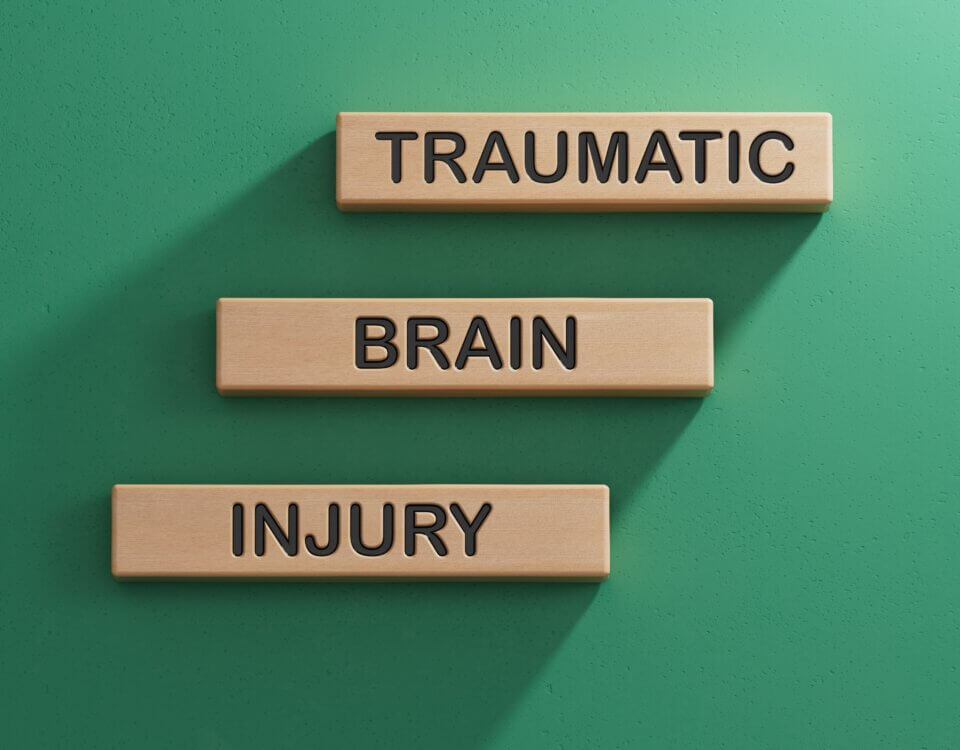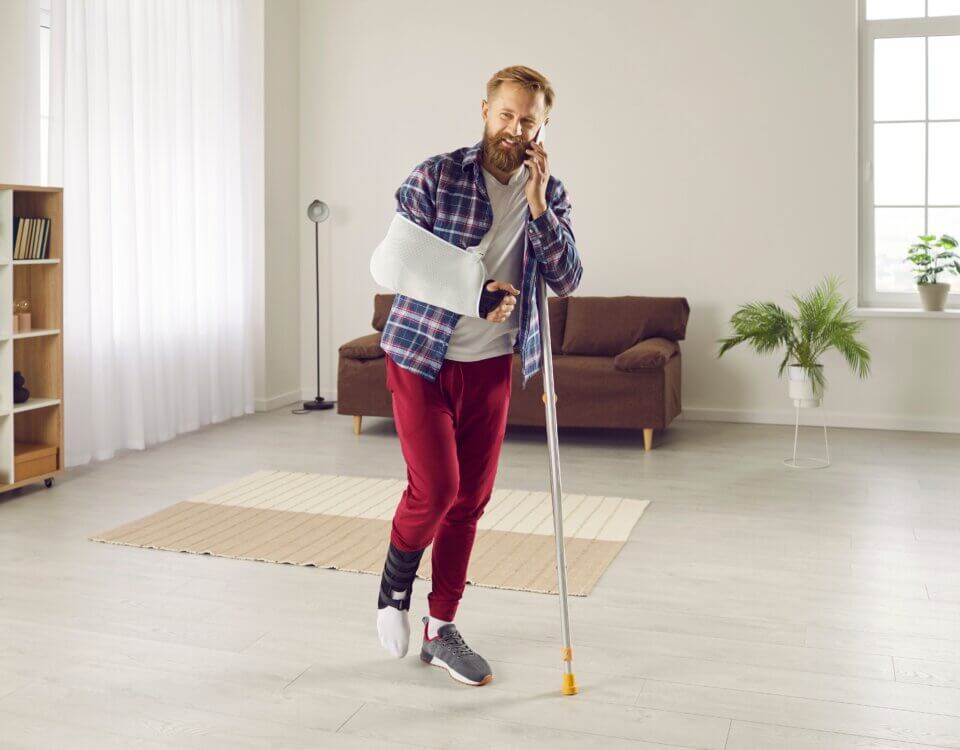Thinking about your personal injury case and worrying whether you’ll have to go to court is natural. Trials can feel daunting. But in many cases, going to trial is not unavoidable, and knowing your options can bring peace of mind.
How Often Do Injury Cases Actually Go to Trial
Most personal injury cases settle before reaching trial. Negotiations with insurance companies happen early and often. Insurers usually prefer settlements to avoid the costs, time, and uncertainty that court brings.
Alternative Ways to Resolve Your Case
You don’t always need a trial to resolve a claim. Alternatives include:
- Settlement discussions: negotiating a fair resolution without going to court
- Mediation: using a neutral third party to help both sides agree
- Arbitration: a more formal, often binding, process that can be quicker and less stressful than a trial
These options often reduce cost, delay, and emotional burden, allowing you to focus more on healing.
When Court Might Be Necessary
In some situations, taking your case to trial may be the only or best option. Examples include:
- The injury or damages are severe and the insurance company’s offer is too low
- Liability (who’s at fault) is disputed, or multiple parties are involved
- Emotional or non-economic harms (such as pain, suffering, loss of enjoyment of life, or psychological trauma) aren’t being meaningfully compensated
- Long-term losses (medical costs, lost wages, permanent disability) are substantial and need full, legally enforceable recognition
What Role Your Attorney Plays
An experienced attorney helps by:
- Evaluating whether a fair settlement is possible or whether trial is needed
- Preparing and organizing your medical evidence, documentation, and witness statements
- Explaining what going to court would involve, costs, time, risks, and benefits
- Advocating strongly in negotiations and demanding what you rightly deserve
How Hillstone Law Helps You Decide
At Hillstone Law we guide each client through the decision of whether to pursue settlement or proceed to trial by:
- Reviewing the facts of your injury, your losses, and how strong the evidence is
- Advising you about likely offers, possible outcomes, and what trial might realistically achieve
- Handling settlement talks, mediation, or arbitration if those are the best path forward
- Preparing thoroughly if trial becomes necessary so you are confident and defended
If you’re unsure whether your case will require going to court, contact Hillstone Law for a free evaluation. We’ll explain your options, likely paths, and help you make the choice that makes sense for your recovery and goals.
Note: These blog posts are created solely for the use of Hillstone Law. The information is gathered from internet research, publicly available sources, and artificial intelligence (AI) tools such as ChatGPT. While we aim to share helpful and educational content, Hillstone Law does not independently verify every detail. Some information may be incomplete, outdated, or subject to change without notice. If you believe any part of a post is inaccurate, misleading, or infringes upon copyright, please contact Hillstone Law immediately so we can review it and take appropriate action, including correction or removal.
Disclaimer: The material provided in these blogs is for general informational purposes only and should not be considered legal advice. Reading these posts does not create, and is not intended to create, an attorney-client relationship with Hillstone Law. Our intent is to share knowledge, raise awareness, and provide helpful resources to the public; however, Hillstone Law makes no warranties or guarantees about the accuracy, completeness, or reliability of the information provided, and expressly disclaims liability for any actions taken in reliance on it. The photos used in these posts are for illustrative purposes only and do not depict actual clients, individuals, or incidents unless expressly stated. If you or a loved one has been injured in an accident, please contact Hillstone Law at (855) 691-1691. Our attorneys are available to answer your legal questions and help you understand your rights.








